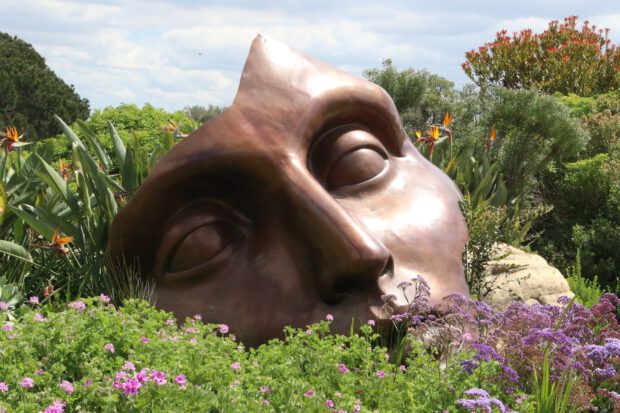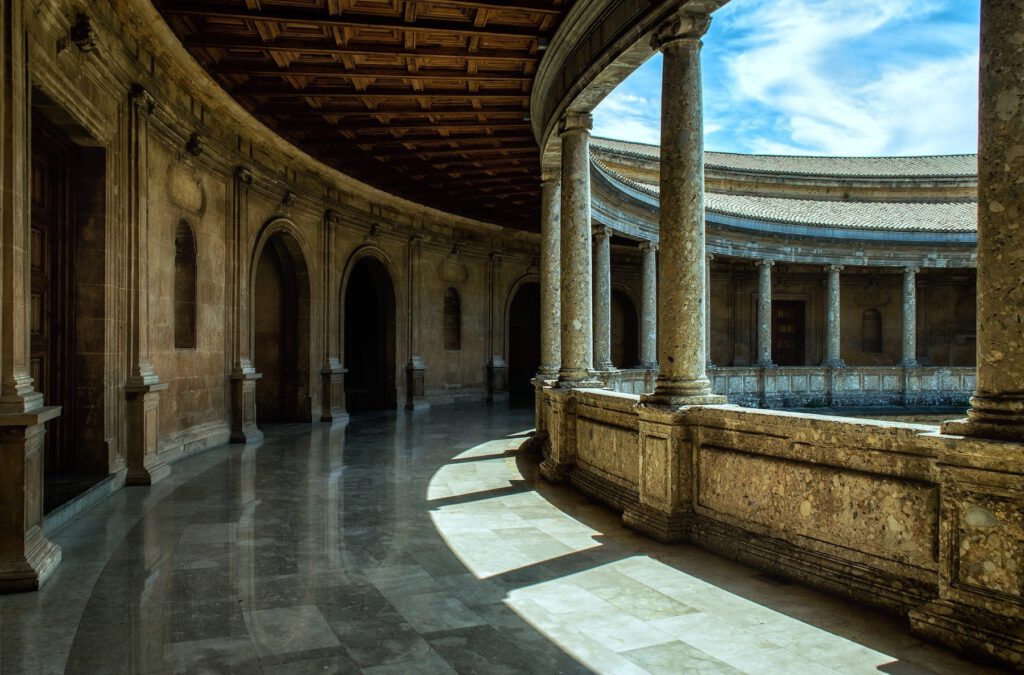Printed in 26 de February de 2026 Print
The Diccionario de la lengua española 1 defines reflecting (to think about) as “thinking carefully and thoroughly about something.” And, in times as troubled as these we must to deal with, perhaps the depicted action, “thinking”, is an impractical luxury in many cases -especially because the haste of an increasingly accelerated life- and in others a nonsense, a kind of accessory ornament affordable only for people not having to waste their efforts to the hard daily struggle for survival.
But it is not, or should not be, like this. Moreover, the act of reflection must be vindicated as a kind of preventive medicine (a suggestive metaphor in Covidian times), able of facing the sterility of many efforts.
At the dawn of the twenty-first century, it might seem that everything is -or maybe is on the way to being- settled. This society has equipped itself with a powerful, flexible legislative body that seems to have any contingency planned; it have logical and physical tools becoming more and more efficient, accurate and useful as time pass by; interpersonal relationships have reached a degree of interconnection going beyond any spatial frontier, and that only finds a comparison in what has been advocated from the scientific fiction texts typical of the late twentieth century; the almost universal extension, at least in the most advanced societies, of educational networks appear to have been able to provide individuals with solid tools to train them in terms of knowing how to appreciate the value of the inheritance received from earlier times, harder times in what concerns the satisfaction of immediate material needs.
We could suppose that two world wide conflicts and countless regional wars, whose trail of destruction has permanently marked the future of humanity, have taught us not to neglect the importance of cultural legacy. Treaties, supranational organizations, conferences and declarative letters have poured rivers of ink –and electrons, on the screens–, trying to weave a thick protective covering in order to prevent permanent and irreversible damage from being caused to objects, monuments, archaeological sites and historic gardens, due to negligence, ignorance or malevolence.
And yet sometimes it seems there are elephants that break through the dense defensive mesh that we believe we have woven around such a valuable treasure, and without making a single breach in it. Unfortunately, there is no shortage of news in our immediate surroundings, about assets of cultural interest being injured; spurious interests, preference of private profit over the custody of things belonging to everyone, simple laziness,… Why all this? What have we forgotten? What have we done wrong? What are we missing? And, much more important, what can we do to avoid it?
In 2021, the Spanish university of Malaga, its Art History Department and its iArtHis_LAB research group took a step forward, because the free and intense collaboration of professors and students, hopelessly in love with the historical and artistic heritage and, above all, strongly committed with its protection and enhancement. Wounded heritage is the result of such a remarkable effort. But it was necessary to go a little further, putting on the game board the intellectual and academic resource of scientific publication, so that, beyond the detection of problems, their location and identification, it was possible to provide calm reflection, meditating on possibilities of action, solution proposals and work guidelines to adequately address the matter.
Legatum aspires to be this tool. We are open to the collaboration and participation of those who are interested in brainstorming and contributing to the improvement of the dissemination of cultural heritage. Supervised by a large and solid team of professionals, the articles must join forces in this long battle for the valuation and appreciation of what is inherited by all of us.
In the chapter entitled “Reflections on the Value of Cultural Heritage” of The Conservation of Cultural Heritage in Costa Rica, Olimpia Niglio 2 states
This form of “global communication” lays the foundations for settling interdisciplinary synergies between fields of study having no points in common, such as those of pure science with humanistic disciplines, within which issues of the value of cultural heritage are analyzed. In fact, it is desirable to set close relationships with other disciplinary spheres and in whose intersection it is possible to locate new interpretive models of reality, as well as interesting opportunities and cultural evolutions.
And it is something to take into account. Because, although technological development and the network of relationships between the different actors involved introduces a factor of complexity that is not negligible at all, it depicts at the same time a awesome window of opportunity to involve many people and, even, institutions that otherwise , they would remain insensitive, aloof, or even skeptical about what being clearly a dangerously slippery road.
In these struggles, those not being part of the solution, are part of the problem. Let us not miss the opportunity to be co-protagonists in a long and relentless fight, but one that will bear fruit when each and every one of us becomes aware of the value of what must be defended.
Notes
- REAL ACADEMIA ESPAÑOLA: Diccionario de la lengua española, 23.ª ed., [versión 23.4 en línea]. <https://dle.rae.es> [2021-08-06]
- Niglio, O. (2013), page 26




